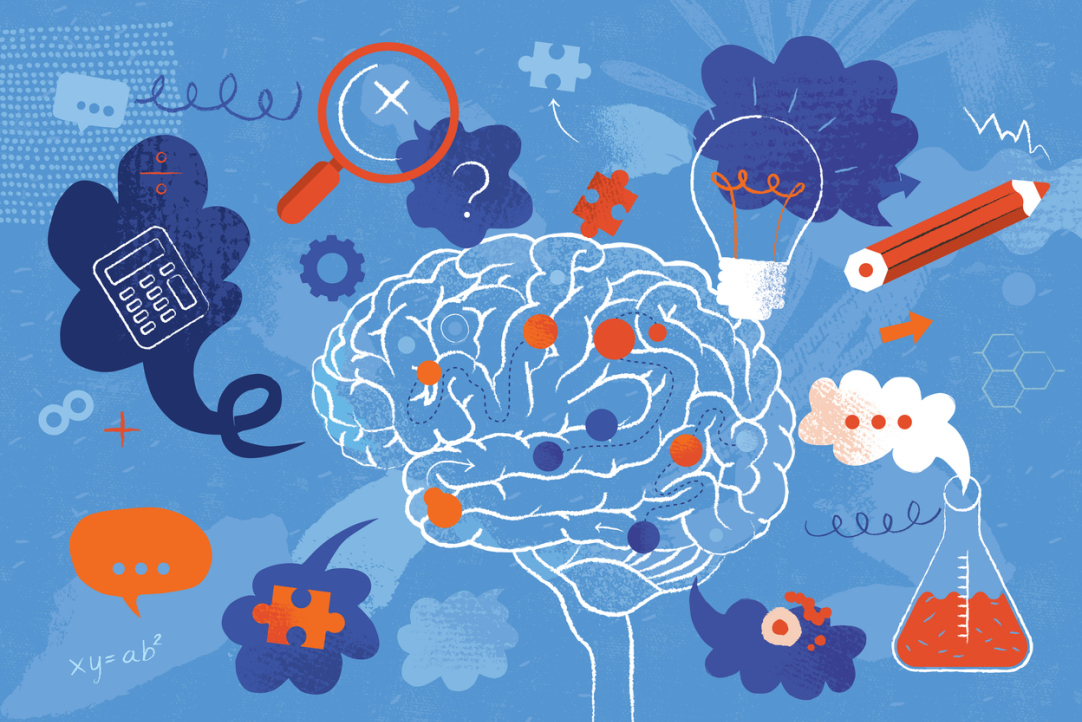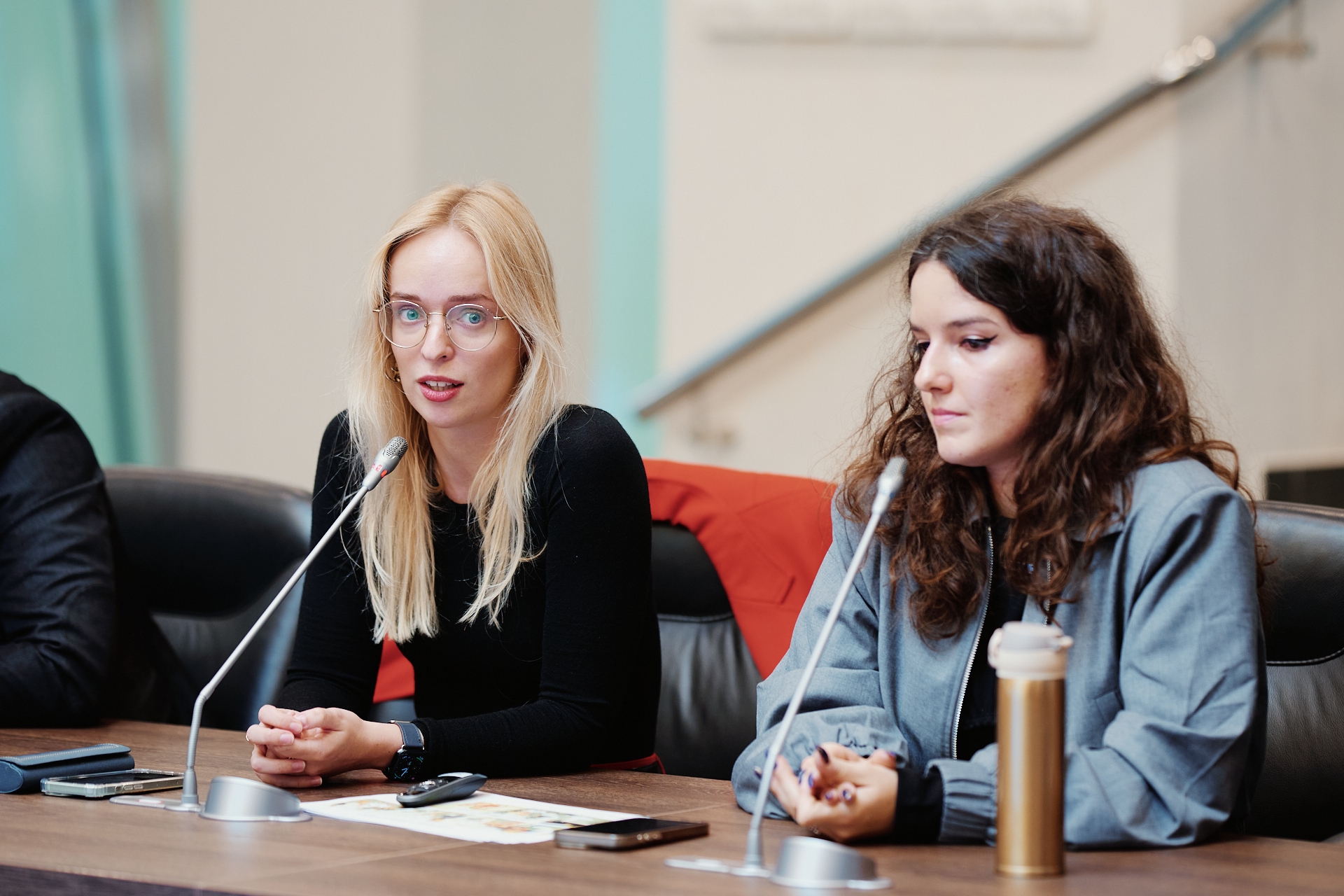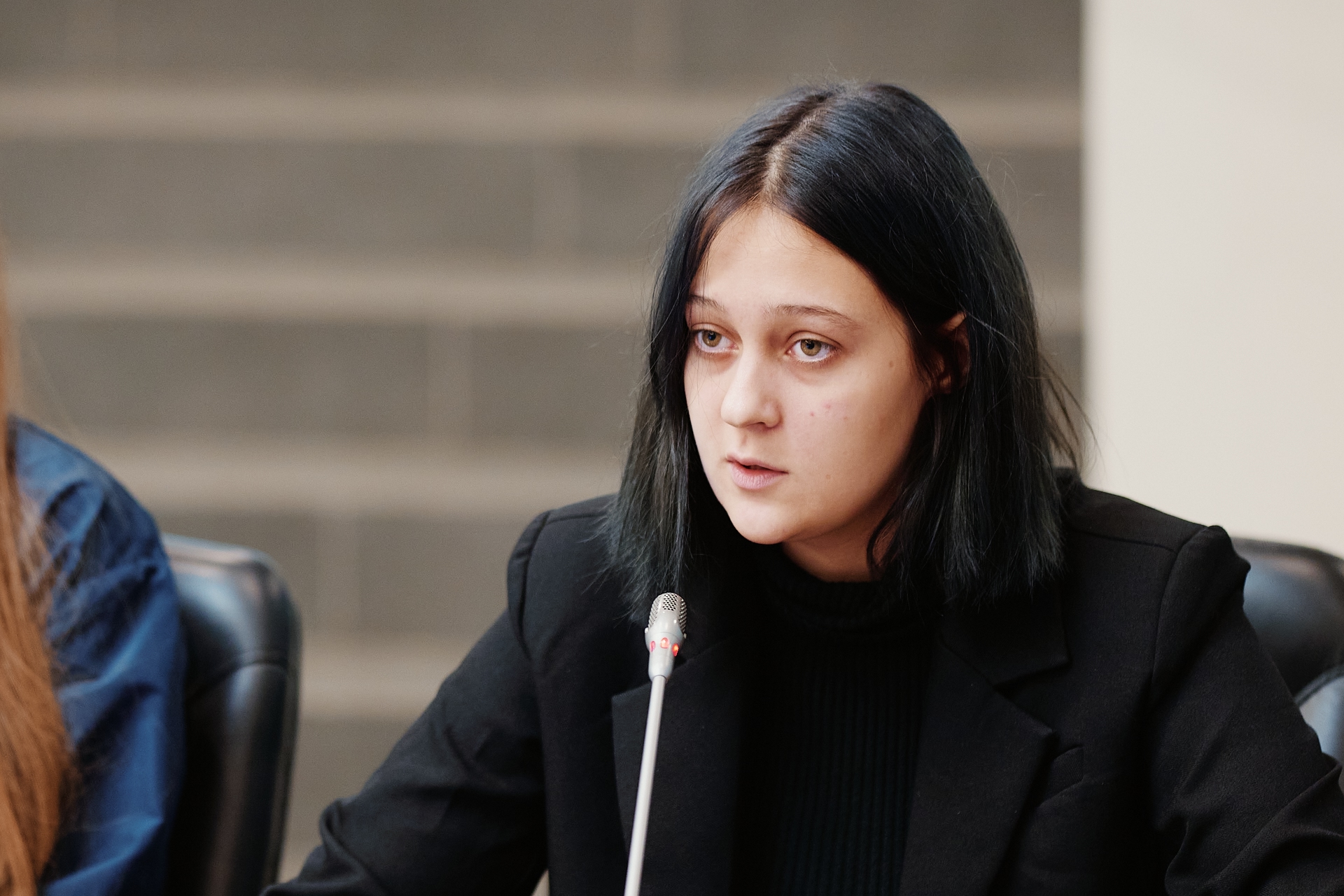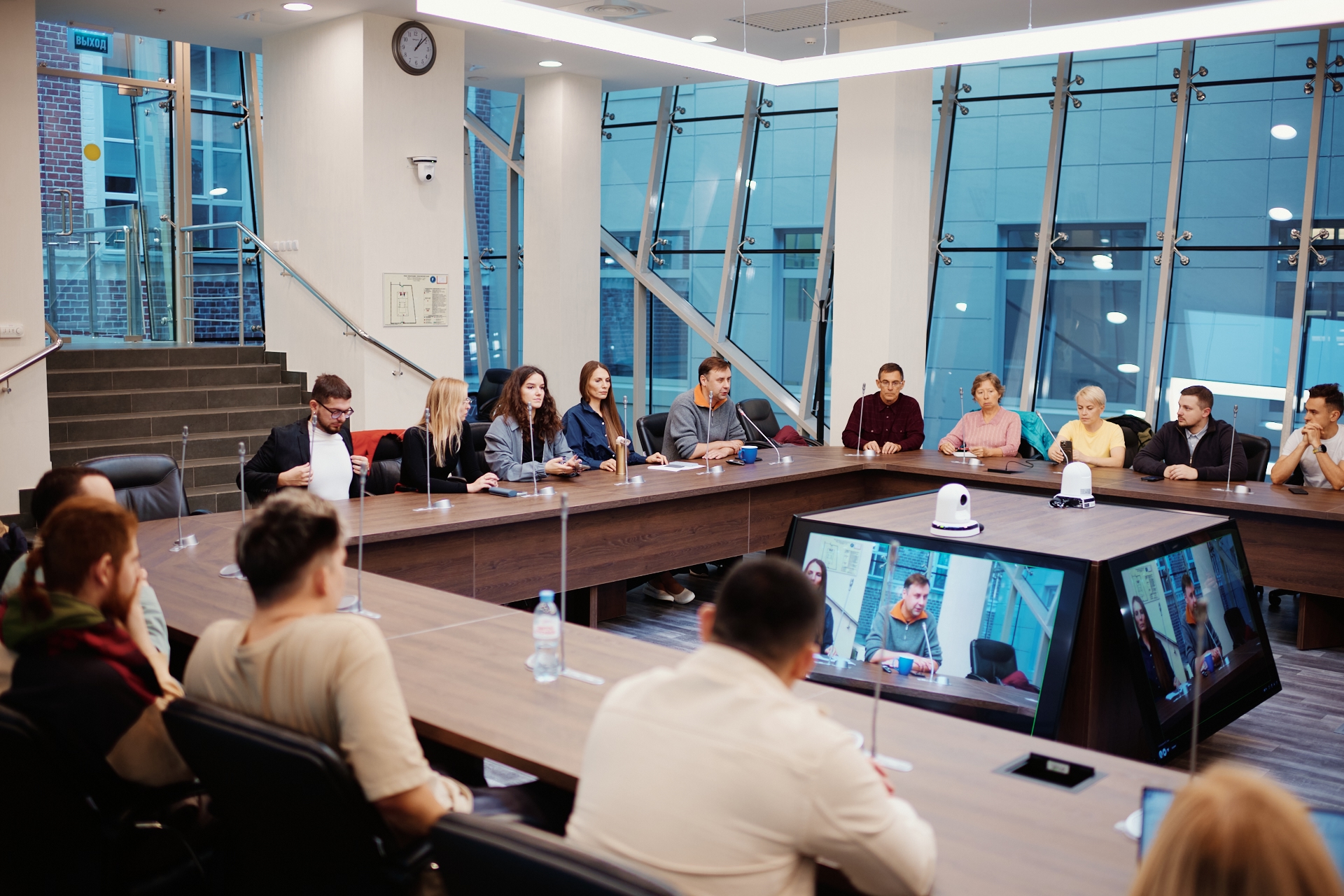Exploring the Mind: HSE Scientists Discuss Cognitive Technologies of the Future

Why we make irrational decisions, how the brain responds to fakes, and whether neural networks are capable of thinking—these were the topics discussed by early-career scientists of HSE University during the NAUKA 0+ science festival. The event brought together students and experts from various fields, united by a common goal—to deepen their understanding of the human brain and cognitive technologies.
On October 12, HSE University’s building on Pokrovsky Bulvar hosted the event 'Exploring the Mind: Cognitive Technologies of the Future,' organised by the Institute for Cognitive Neuroscience and the Centre for Student Academic Development as part of the NAUKA 0+ science festival, with support from the Znanie Society. A series of talks by HSE University’s leading early-career scientists focused on cutting-edge topics in psychology, neurophysiology, and cognitive science.

The programme was opened by Anna Shepelenko, Research Fellow at the HSE Centre for Cognition and Decision Making. In her talk, she examined the phenomenon of decision-making and explained why we sometimes make irrational choices. Anna discussed the differences between System 1 and System 2 thinking, as well as the cognitive distortions that push us to impulsive behaviour 'here and now,' even when this is not the best strategy.

Next, Eliana Monahhova and Alexandra Morozova, research assistants and doctoral students at HSE University’s Institute for Cognitive Neuroscience, gave a presentation on how the brain perceives manipulation and fakes. The researchers shared the findings from their advanced neurophysiological projects and proposed evidence-based strategies for countering disinformation in today’s world.

The third talk was by Timofei Berezner, Junior Research Fellow at HSE University’s Laboratory for Cognitive Psychology of Digital Interface Users, and Eliana Monahhova. The speakers discussed some of the trending issues surrounding artificial intelligence, including whether neural networks possess consciousness, whether AI can truly think, and how interactions with chatbots and large language models influence our cognitive and metacognitive abilities.

Yulia Uskova, Research Assistant at HSE University’s Cognitive Health and Intelligence Centre, concluded the event with a talk comparing the functioning of the human brain and artificial intelligence. She discussed human–machine interface technologies and neurotechnologies used to study the brain, and explained how data science and machine learning help translate the body’s signals into a language that computers can understand.

The event brought together around 100 participants—students, psychologists, managers, and entrepreneurs—all united by a shared desire to engage with science, delve into the world of neuroscience, and gain a deeper understanding of how the brain and consciousness work. The most active attendees received printed comics from HSE University’s Institute for Cognitive Neuroscience, produced by the Multiverse of Scientists popular science project with support from the Ministry of Education and Science of the Russian Federation as part of the Decade of Science and Technology.

